👶 Why Baby Brain Development Matters
The brain grows at an astonishing pace from pregnancy through the early years. In fact, the first 5 years shape more than 90% of brain growth, making it critical for parents to understand what’s normal and what to support.
Whether you’re wondering “How do I know if my baby is developing normally in the womb at home?” or looking for signs of a healthy baby after birth, this guide has you covered.
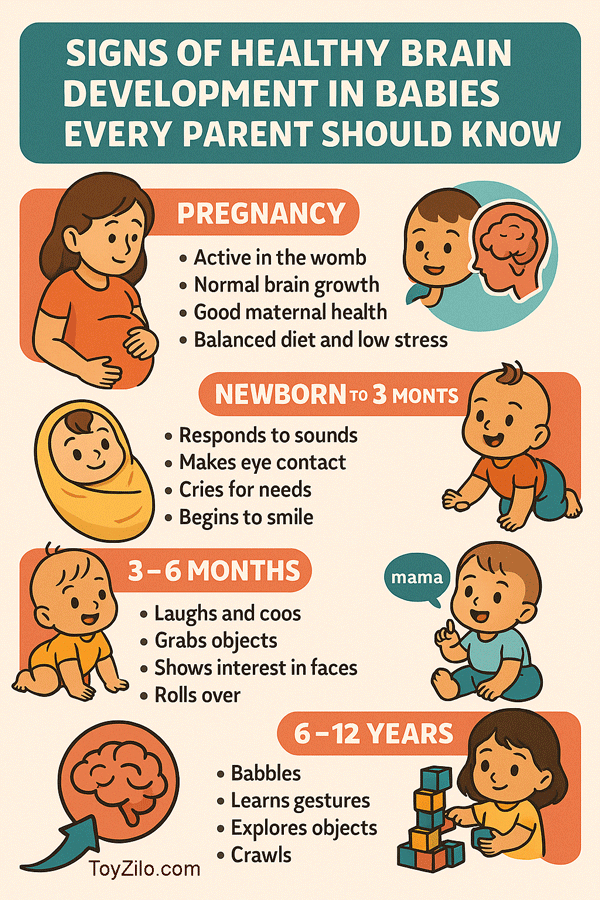
🩺 During Pregnancy: Signs of Healthy Brain Growth in the Womb
If you’re pregnant and wondering how to know if your baby is healthy in the womb, look for these signs:
✅ Positive Signs:
-
Regular fetal movements (especially after week 18–20)
-
Normal ultrasound results showing brain/head size development
-
Normal heartbeat (110–160 bpm)
-
Healthy placenta and amniotic fluid levels
-
Maternal health: Good nutrition, low stress, and no substance exposure
⚠️ Warning Signs (Consult your doctor):
-
Low fetal movement
-
Consistent headaches or high blood pressure
-
Bleeding or abnormal fluid levels
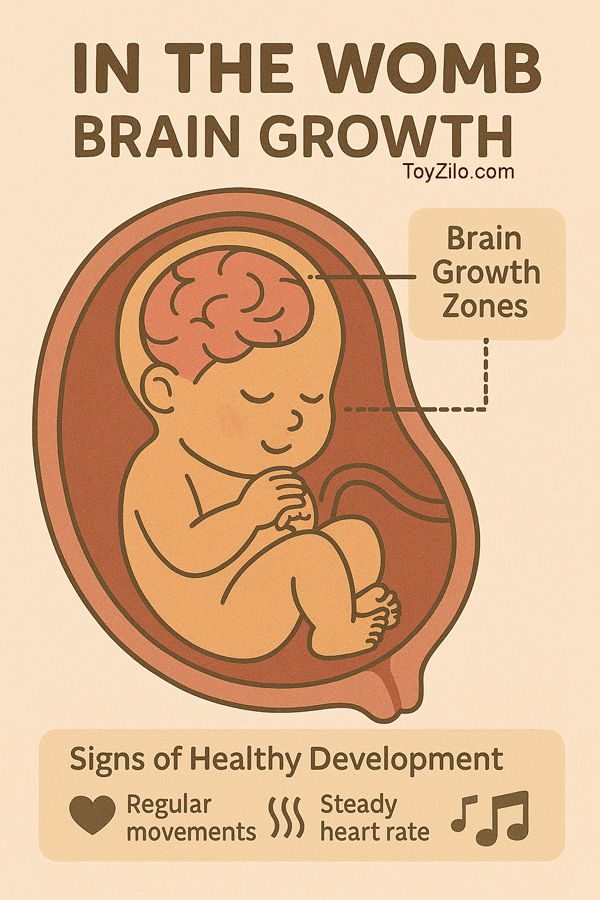
👶 Newborn to 3 Months: Baby’s Brain Boost Begins
The newborn brain is soaking in the world! Babies begin forming neural pathways with every sound, smell, touch, and interaction.
🧠 Signs of Healthy Brain Development:
-
Responsive to sounds and voices
-
Makes eye contact
-
Cries to communicate
-
Sucks, grasps, and follows movement
-
Begins to smile socially around 6–8 weeks
💡 Activities to Encourage Development:
-
Talk frequently and use baby talk
-
Tummy time to strengthen neck muscles
-
High-contrast toys for visual stimulation
-
Gentle music and lullabies
👶 3–6 Months: Sensory Skills and Social Awareness
Your baby begins noticing people, reacting emotionally, and reaching for objects. Their brain is learning cause and effect.
✅ Brain Development Signs:
-
Recognizes familiar faces
-
Laughs and coos
-
Reaches and grabs objects
-
Rolls over
-
Shows interest in surroundings
🧸 Activities to Try:
-
Interactive play (peek-a-boo, mirror play)
-
Sensory mats or soft toys
-
Reading simple books aloud
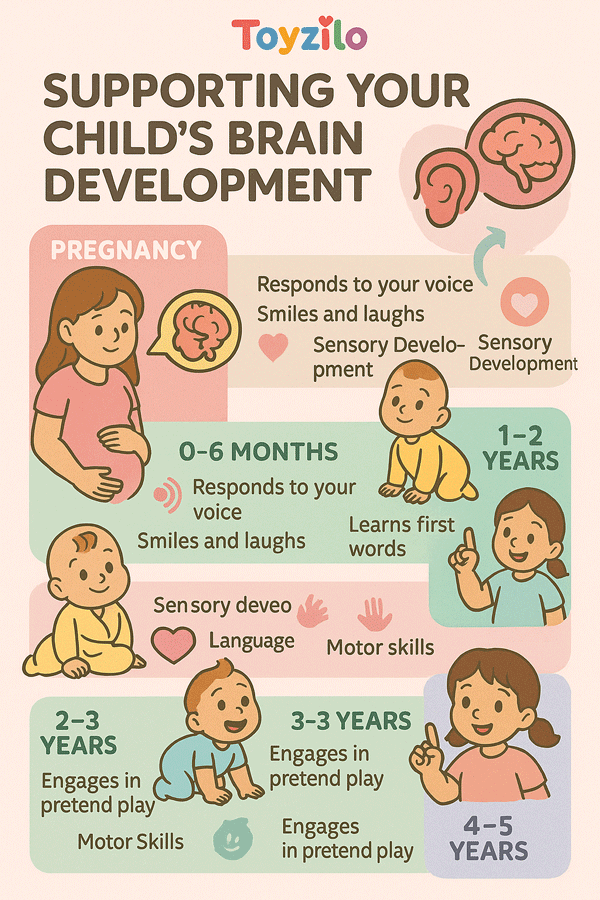
👶 6–12 Months: Thinking and Problem Solving
Between 6 to 12 months, babies build on logic, memory, and coordination. If you’re wondering about 2-month-old baby intellectual development, this phase marks real transformation.
✅ Signs of Healthy Cognitive Growth:
-
Babbles and imitates sounds
-
Understands “no” and simple words
-
Explores objects with mouth and hands
-
Crawls and pulls to stand
-
Shows curiosity
🎯 Brain-Boosting Activities:
-
Stacking toys and soft blocks
-
Name and describe objects frequently
-
Play “where’s the toy?” hide-and-seek games
👧 1–2 Years: First Words, First Puzzles
By age 1, babies become toddlers, learning independence and experimenting with problem-solving and language.
✅ Healthy Development Signs:
-
Says 2–3 words by 12 months
-
Understands simple instructions
-
Walks with or without help
-
Points to objects of interest
-
Recognizes caregivers and routines
Here is 1 year old baby brain development activities
🧩 Activities to Support Learning:
-
Shape sorters and puzzles
-
Story time with colorful picture books
-
Sing and repeat rhymes
-
Encourage walking and dancing
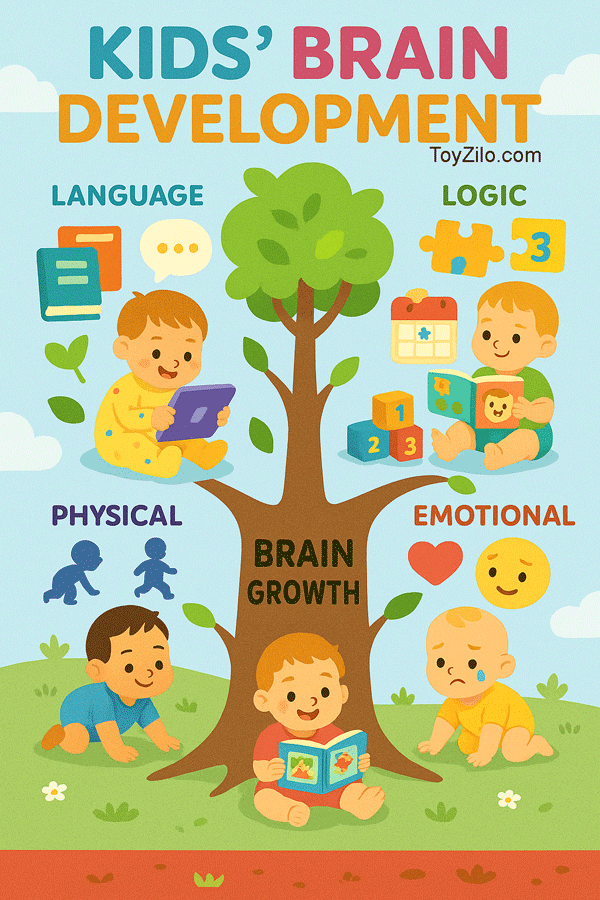
👧 2–5 Years: The Little Thinker Years
This stage is all about refining emotional regulation, vocabulary, and abstract thinking.
✅ Signs of Smart, Healthy Development:
-
Increased vocabulary and sentence use
-
Pretend play and imagination
-
Improved memory and focus
-
Plays with peers and shares toys
-
Solves simple problems independently
🧠 Try These Activities:
-
Matching and memory games
-
Open-ended drawing and storytelling
-
Simple science or cooking play kits
-
Ask “why” questions and explore answers together
🛡️ Red Flags to Watch
If you’re ever concerned about your child’s development, talk to your pediatrician. Some red flags may include:
-
No eye contact or smiling by 3 months
-
No babbling by 6–9 months
-
No first words by 15 months
-
Regression in skills
-
Extreme reactions to sound or touch
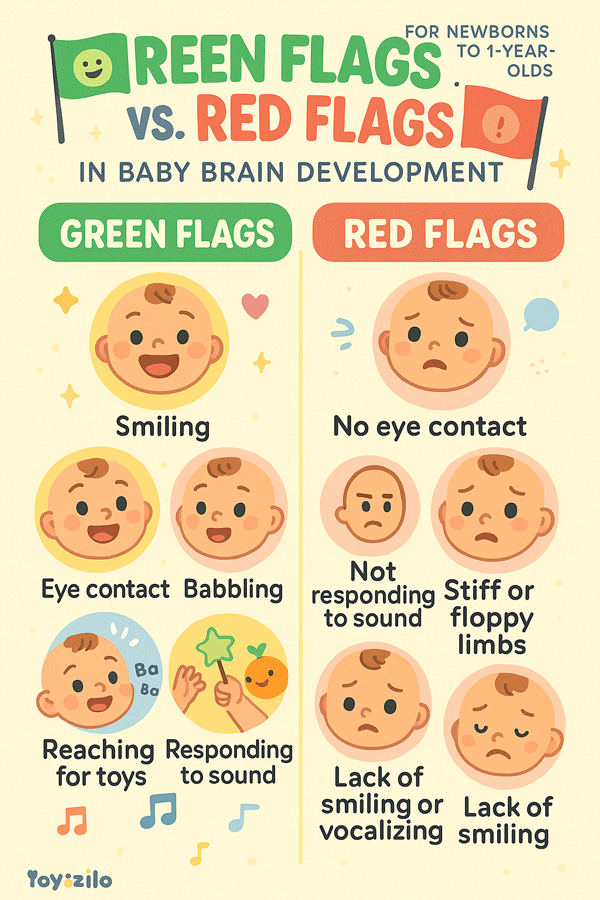
👩⚕️ How to Improve Baby Brain Development During Pregnancy
Start early! Pregnant mothers can boost fetal brain growth by:
-
Eating DHA-rich foods (salmon, walnuts)
-
Avoiding alcohol and smoking
-
Getting enough sleep and reducing stress
-
Taking prenatal vitamins with folate and iron
-
Playing music and talking to the baby in the womb
🧠 Recap: Top Milestones by Age
| Age | Key Brain Signs |
|---|---|
| 0–3 months | Eye contact, cooing, responding to sound |
| 3–6 months | Laughing, reaching, rolling |
| 6–12 months | Babbling, curiosity, crawling |
| 1–2 years | Words, walking, following instructions |
| 2–5 years | Talking, playing, remembering, problem-solving |
📌 Final Tips for Parents
-
Track your baby’s development monthly
-
Engage in interactive play daily
-
Don’t compare babies—every child is unique!
-
Read, talk, and cuddle often
Want a free downloadable activity checklist for your baby’s brain growth? Stay tuned for our Toyzilo Brain Boost Kits launching soon!
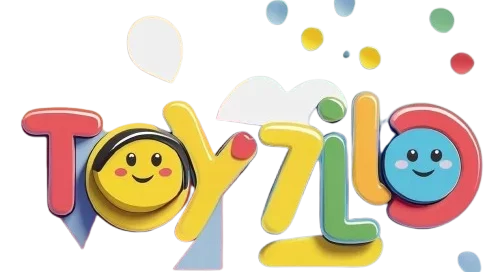
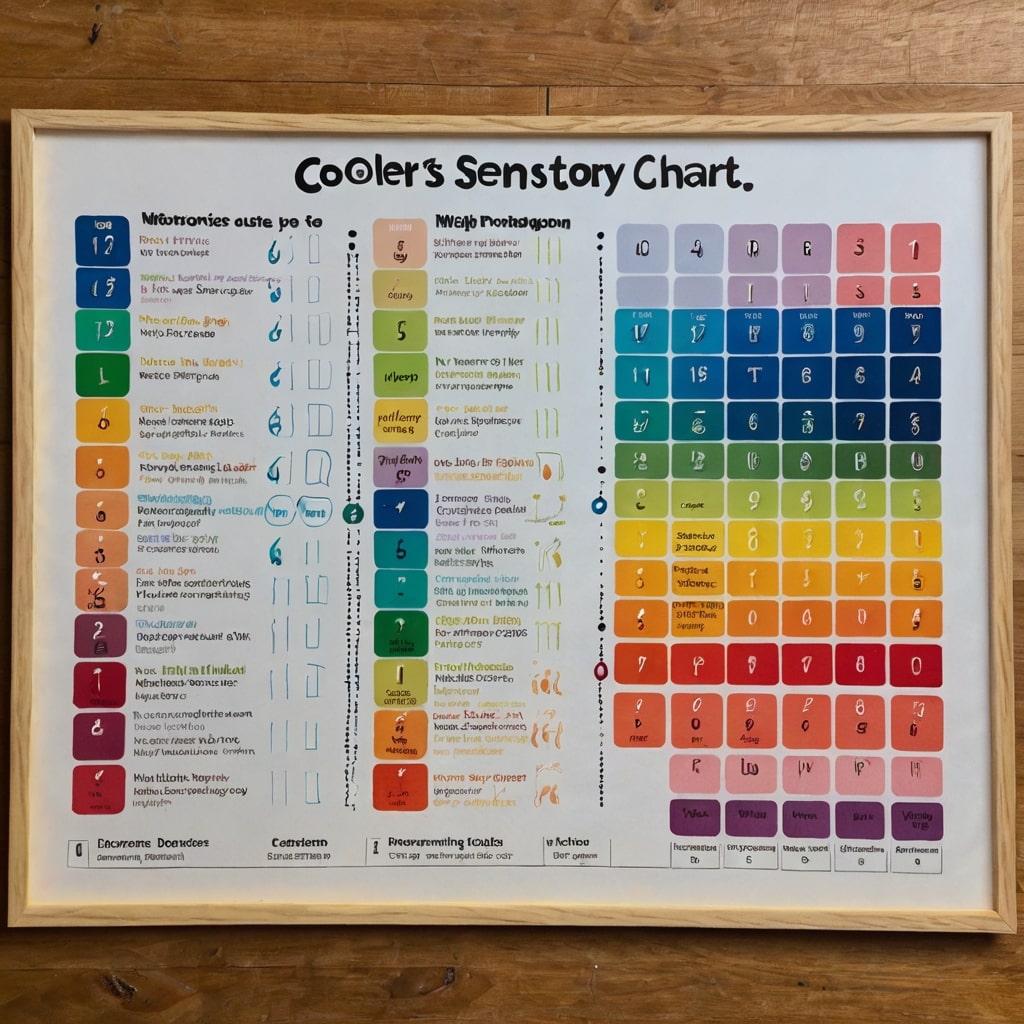

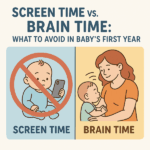
Pingback: Screen Time vs. Brain Time: What to Avoid in Baby’s First Year - ToyZilo